Hamas pledges resistance against Israel, vows full liberation of Palestine
A senior official from Hamas says the Palestinian resistance movement will continue to uphold the path of resistance against the occupying Israeli regime until the full liberation of the occupied territories.
In a statement on the 33rd founding anniversary of Hamas, Maher Salah stressed the need to continue struggle until Palestinian lands are fully liberated.
He asserted the Palestinian people’s adherence to their identity and land, and their rejection of the occupation in all its forms.
The Palestinian people, from all spectra, have made great sacrifices on the path to freedom, liberation and sent clear messages to the Tel Aviv regime that there will never be a compromise on their right to self-determination, the Hamas official said in the statement.
“33 years ago, God blessed our people and nation with the first intifada (uprising) and the emergence of the Islamic Resistance Movement, Hamas,” he said.
“At the time, the Palestinian people took the initiative again and launched a renewed resistance project that was part of our people’s previous uprisings that had started at the beginning of the 20th century.”
Hamas said that Israel tried in vain in "three ferocious wars" to bring Gaza to its knees and undermine its steadfastness, but failed in the face of the movement and the people's resistance.
In September, the Palestinian Islamic Jihad (PIJ) said that Gaza-based resistance groups were fully prepared to respond to any act of aggression by the Israeli military, warning that there were “no red lines” in dealing with the occupying regime.
In an interview with Lebanon’s al-Mayadeen TV channel on September 16, Islamic Jihad Secretary General Ziyad al-Nakhalah said Palestinian resistance groups have a military presence in the occupied West Bank, and that Israel “is a target for resistance rockets.”
Nakhalah then called on Palestinian leaders to “formulate a unified political program” in the face of the occupation. “We want the Palestinian people and their leadership to be in a clear and unified project away from the illusion of peace,” said Nakhalah.
Violence against Palestinians escalated after US President Donald Trump unveiled his “deal of the century” with the aim of legitimizing Israel’s occupation and re-drawing the Middle East map.
The US plot calls for the creation of a Palestinian state with limited control over its own security and borders. It also bars Palestinian refugees from returning to their homeland, enshrines Jerusalem al-Quds as “Israel’s undivided capital” and allows the regime to annex settlements and the Jordan Valley.
Palestinians want the West Bank as part of a future independent Palestinian state, with East Jerusalem al-Quds as its capital. But Israel's aggressive settlement expansion and annexation plans have dealt a serious blow to any prospects of peace.
Palestinian leaders have also censured the recent normalization agreements signed between the United Arab Emirates (UAE), Bahrain, Sudan and Israel.
Palestinians, who seek an independent state in the occupied West Bank and Gaza, view the US-brokered deals as a betrayal of their cause.
Hamas has time and again said that the Palestinian nation “insists on continuing its struggle until it secures the return of all of its rights.”
Gaze, home to some two million people, has also been under an Israeli-imposed crippling siege since June 2007, which has caused a decline in the living standards as well as unprecedented levels of unemployment and unrelenting poverty.
Israel has also launched three major wars against the enclave since 2008, killing and wounding thousands of Gazans each time and shattering the impoverished territory’s already poor infrastructure.
VIDEO | Hind Rajab Foundation names Israeli war criminals vacationing after Gaza genocide
VIDEO | Australians rally for Gaza ahead of Christmas festivities
VIDEO | Attacks on Sana'a
Iran reports further drop in annual inflation rate in December
Israel indicts two settlers over suspected spying for Hezbollah
Iran: US airstrikes on Yemen war crimes, violation of international law
Yemeni armed forces down F-18 fighter jet, repel US-UK attack: Spokesman
Iran warns against US-Israeli plot to weaken Muslims, dominate region


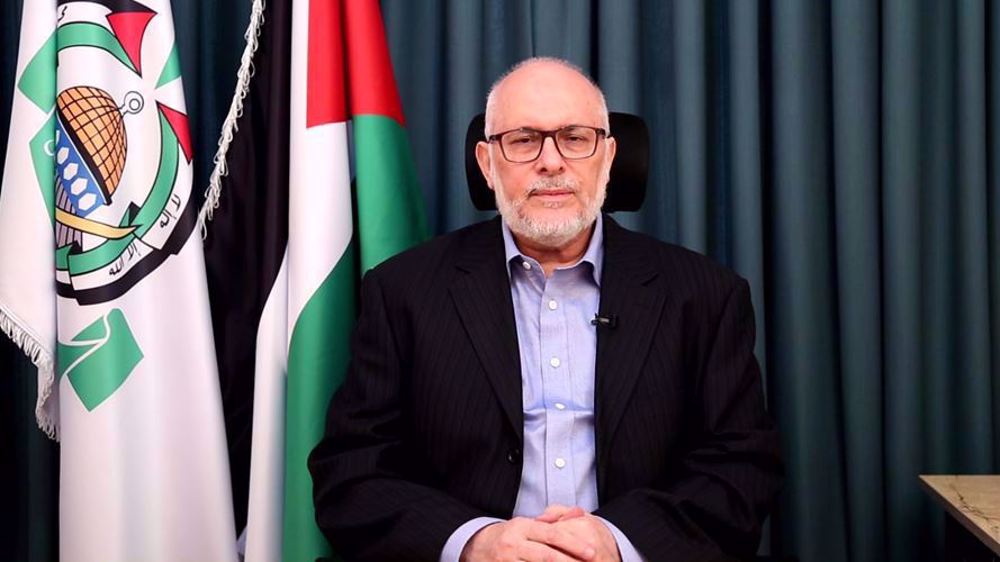




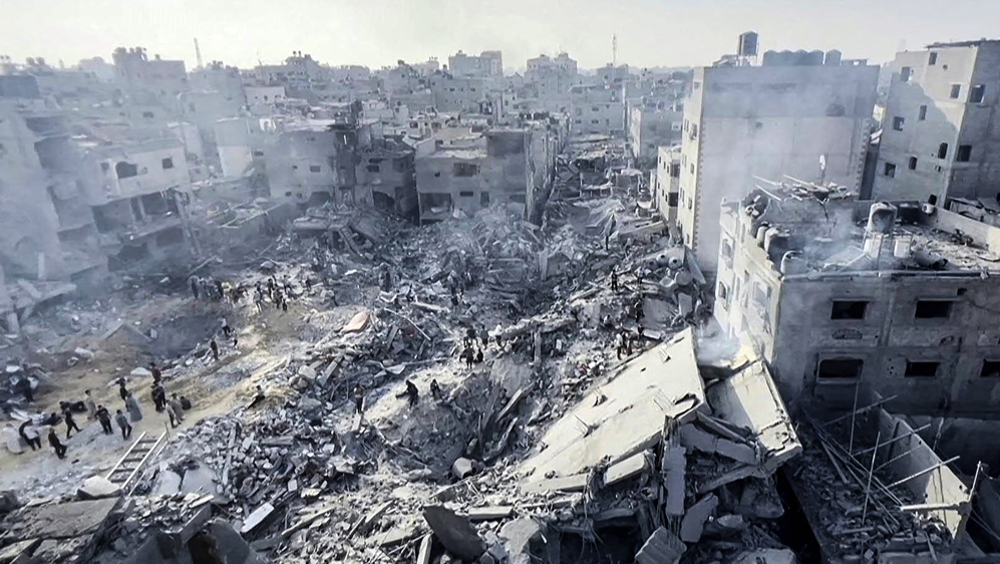
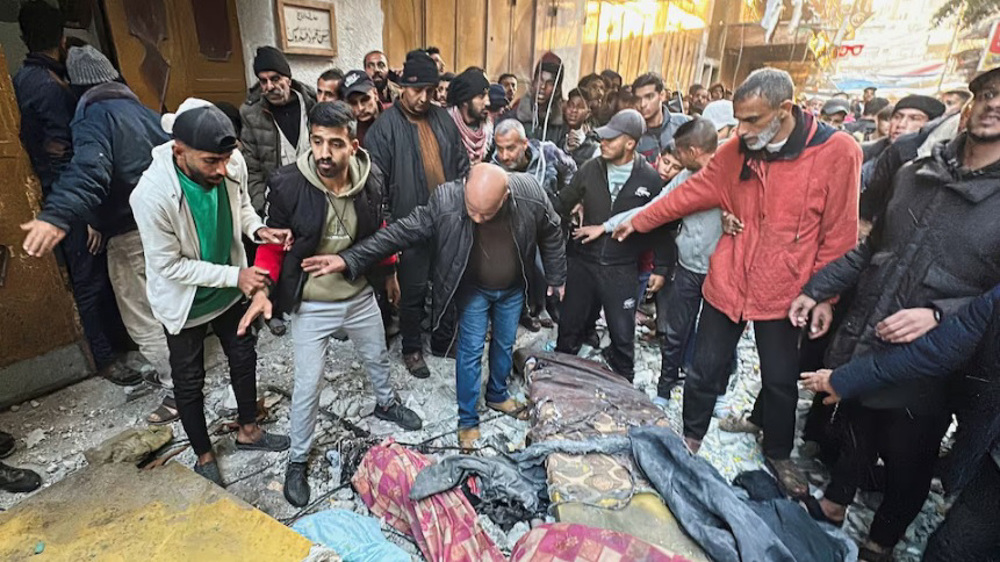




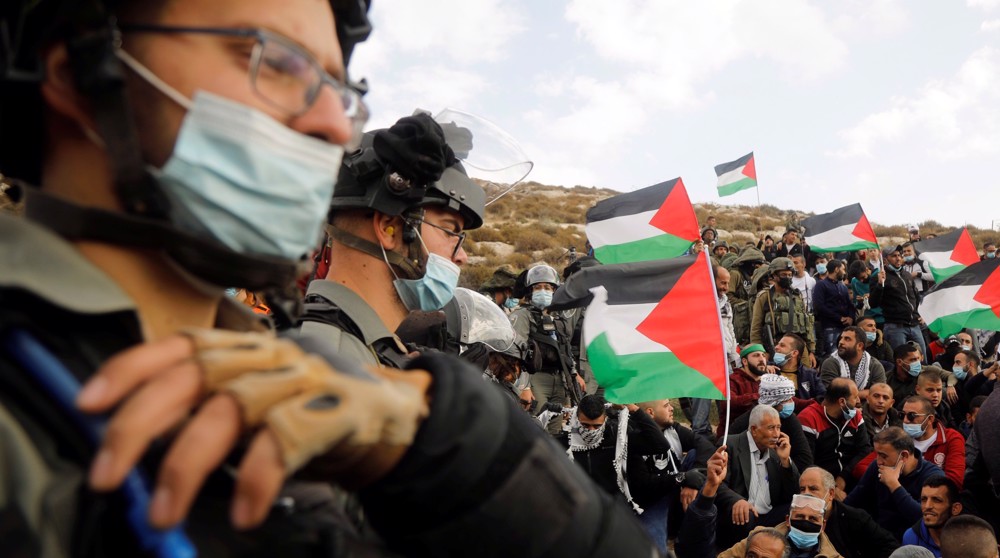
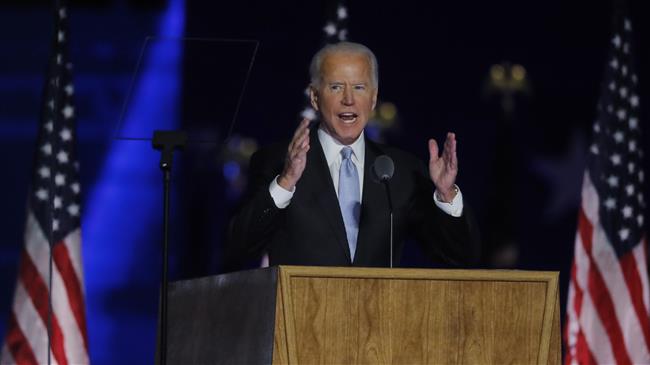

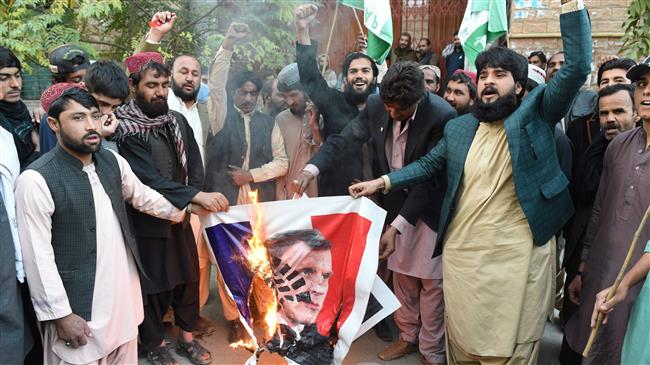
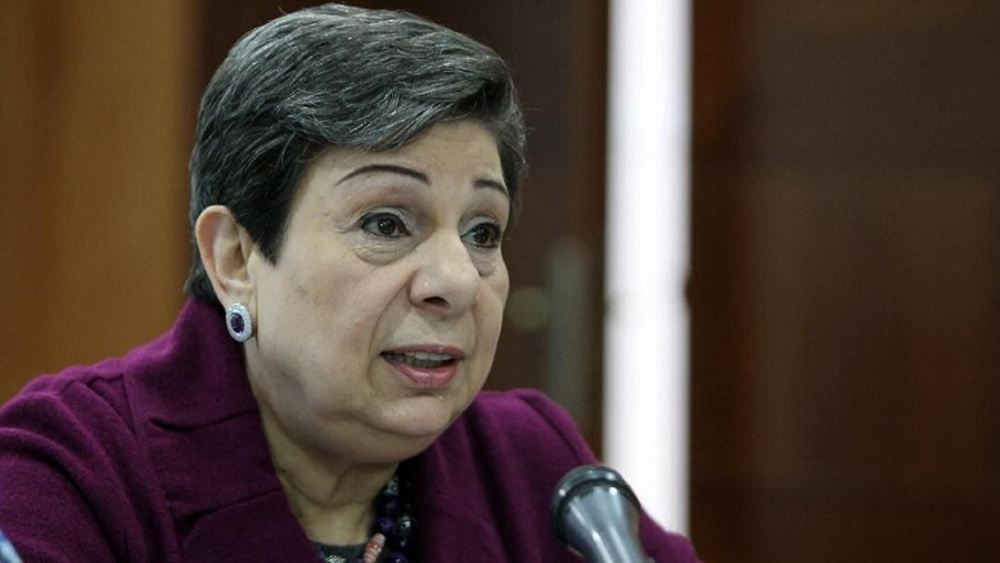

 This makes it easy to access the Press TV website
This makes it easy to access the Press TV website